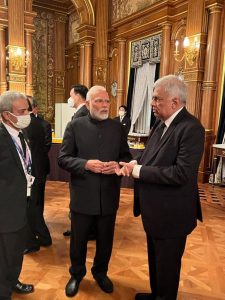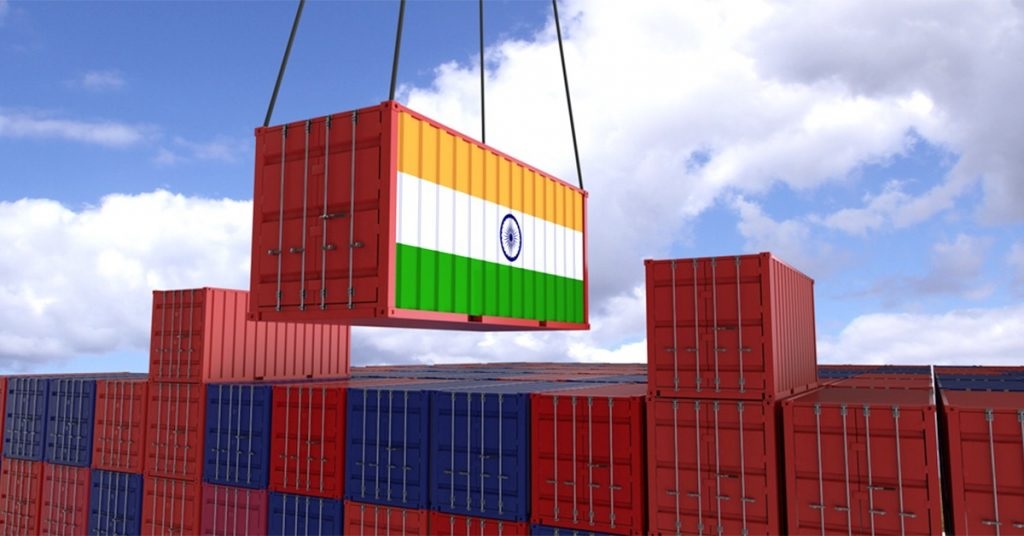India is pressuring the Sri Lankan government for customs duty concessions on a variety of goods, including cars, commercial vehicles, and machinery, under an ongoing comprehensive free trade agreement (FTA) negotiation, according to an official. India is also pushing for more lenient visa regulations to facilitate the entry of its professionals into Sri Lanka.

The 14th round of negotiations between senior officials from both countries recently concluded in Colombo, where discussions covered rules of origin, goods, services, and technical trade barriers.
Conversely, Sri Lanka is pressing India to lift a quota on apparel exports and grant duty concessions on tea and certain agricultural products. However, due to upcoming elections in Sri Lanka, the next round of talks will be deferred.
The two nations have already implemented a free trade agreement for goods and are now negotiating to expand the pact to include more goods and services. The original India-Sri Lanka Free Trade Agreement (ISFTA), in force since March 2000, significantly enhanced economic ties by reducing tariffs on various goods. Efforts are now focused on evolving this into a Comprehensive Economic Partnership Agreement (CEPA) that would also cover services, investment, and broader economic cooperation.
Under the current FTA, India permits limited garment imports from Sri Lanka at a 50% tariff concession, up to 8 million pieces annually, with a stipulation that 6 million of these use Indian fabric. Additionally, India offers a 50% tariff concession on up to 15 million kg of Sri Lankan tea each year.
Sri Lanka is seeking to remove the quota on garment exports to India, especially given that India already allows duty-free garment imports from Bangladesh under the South Asia Free Trade Agreement (SAFTA) for Least Developed Countries (LDCs). However, acceding to this request might be challenging for India, as duty-free imports from Bangladesh have surged from USD 144.25 million in FY’2014 to USD 739.06 million in FY’2024, a cumulative growth of 412.34%, according to Global Trade Research Initiative (GTRI) Founder Ajay Srivastava.

Sri Lanka has placed items like automobiles and electrical goods on its negative list, restricting their import. Since the implementation of the ISFTA, trade between the two countries has grown significantly, with India’s exports to Sri Lanka rising from USD 499.3 million in FY’2000 to USD 4.17 billion in FY’2023-24, a cumulative growth of 735.2%. Meanwhile, imports from Sri Lanka increased from USD 44.3 million to USD 1.4 billion over the same period.
In the last fiscal year, India’s main exports to Sri Lanka included petroleum products, cotton, pharmaceuticals, refined sugar, fabric, machinery, pepper, car and motorcycle parts, onions, and pulses. Notably, India’s exports to Sri Lanka decreased from USD 5.1 billion in FY’2023 to USD 4.17 billion in FY’2024, largely due to a reduction in petroleum product exports.
India’s primary imports from Sri Lanka in FY’2024 were coffee, garments, animal feed, areca nut, light pepper, rough diamonds, and rubber.
A. Sakthivel, in charge of the Apparel Export Promotion Council Southern Region, argued against extending garment concessions to Sri Lanka, warning it could harm India’s domestic industry. “We too make those garments, and I think India should not give more concessions,” Sakthivel stated







